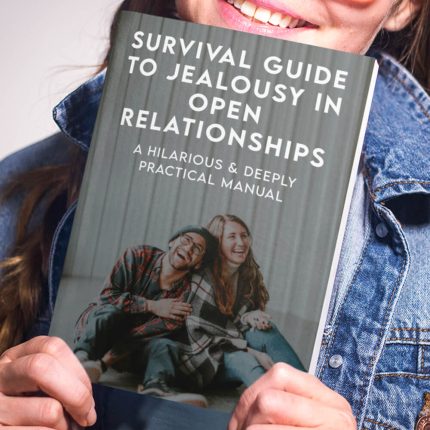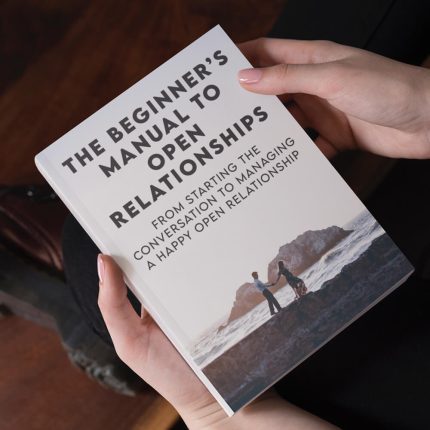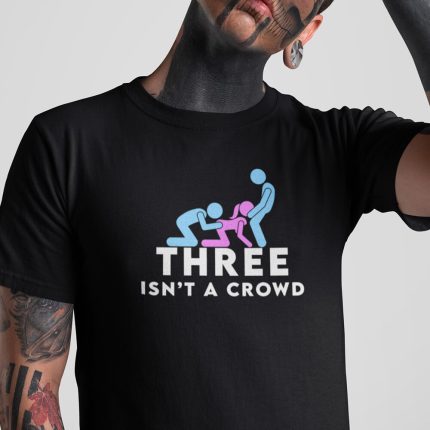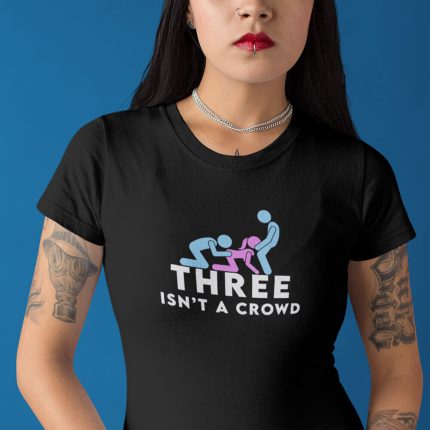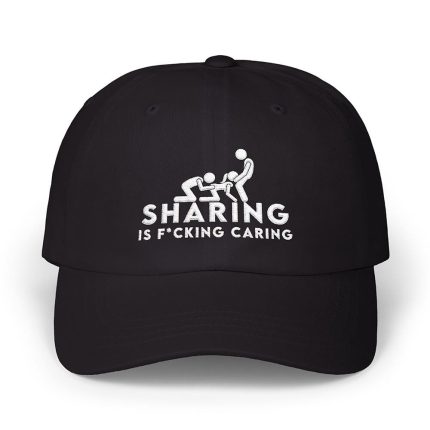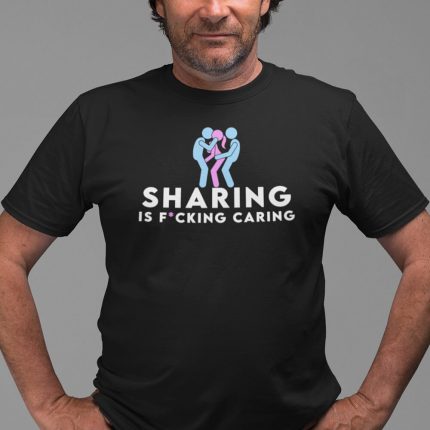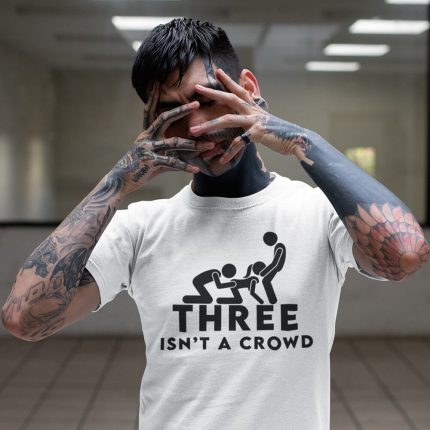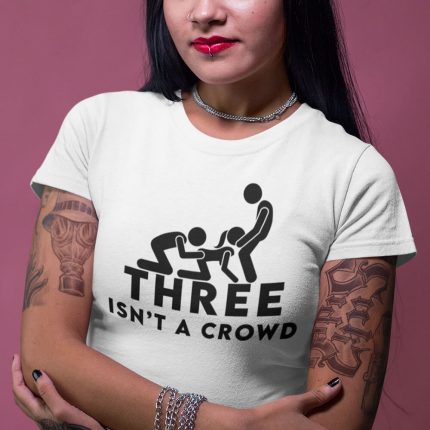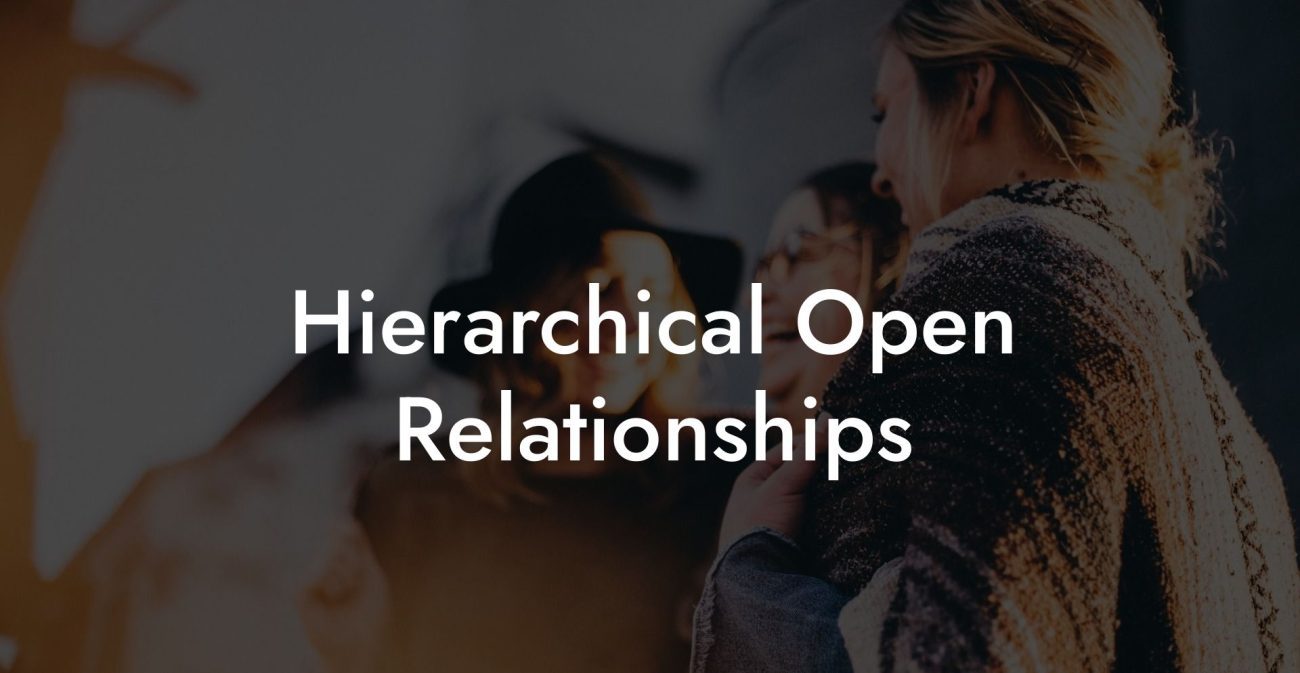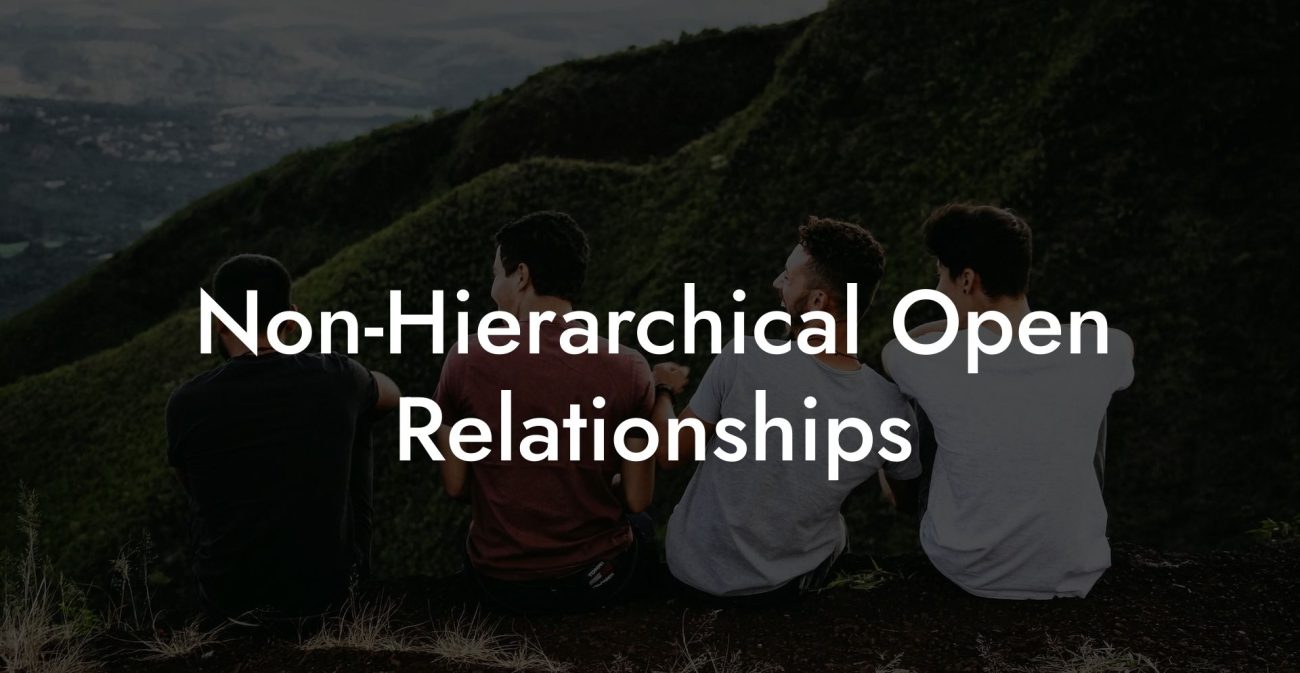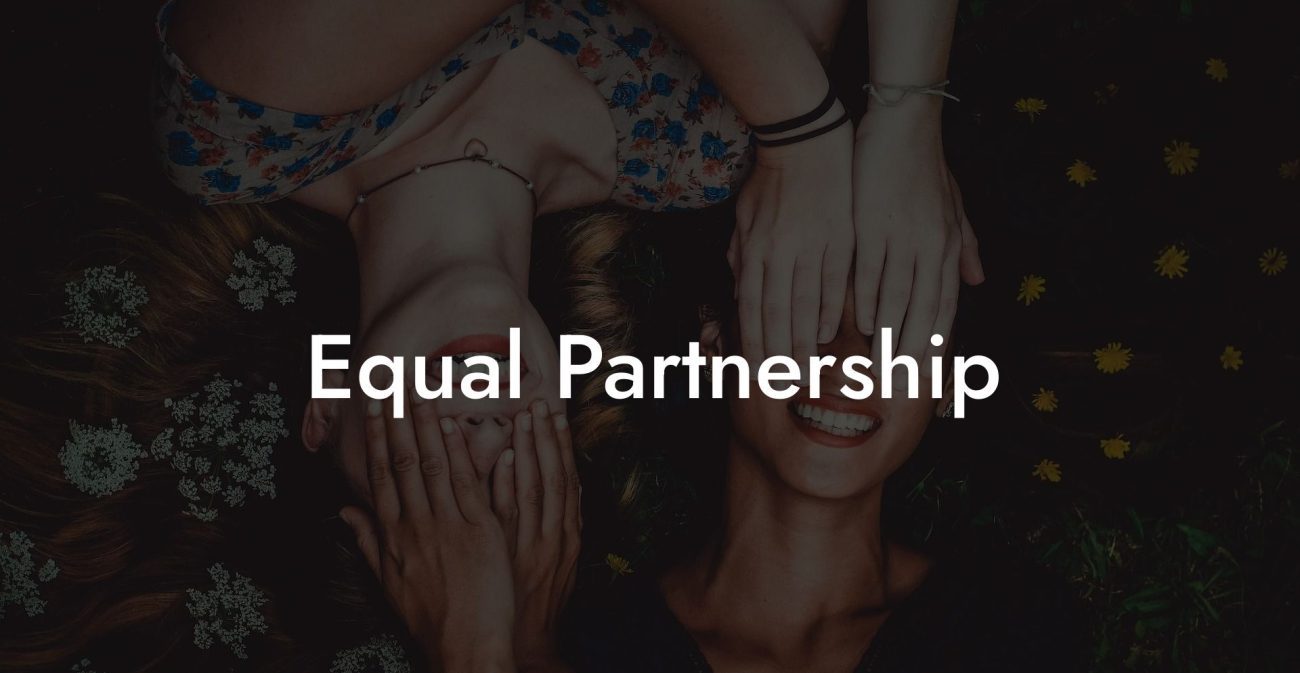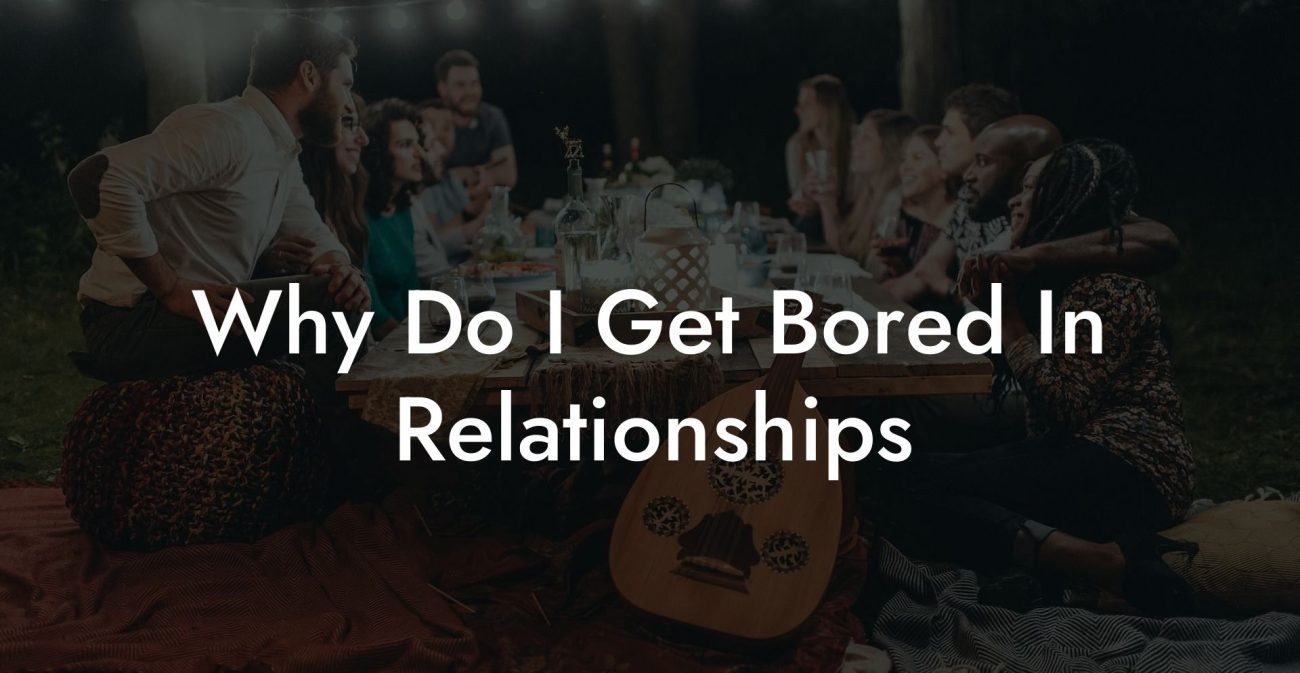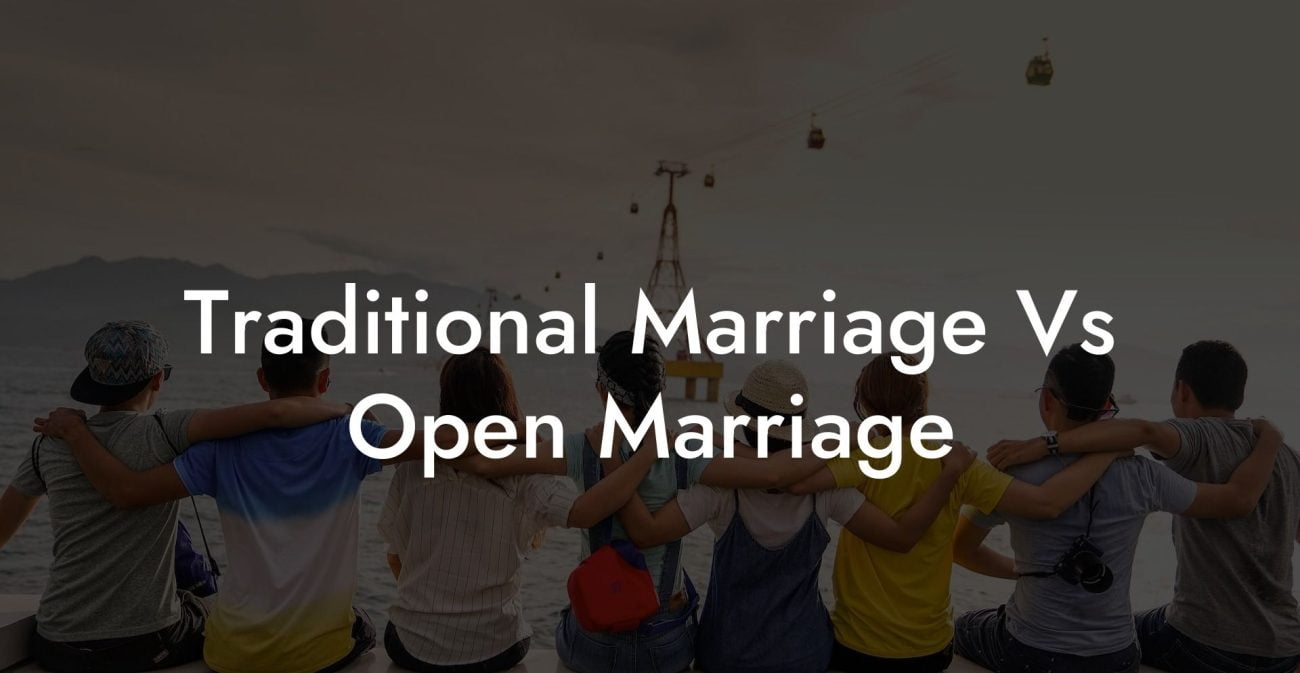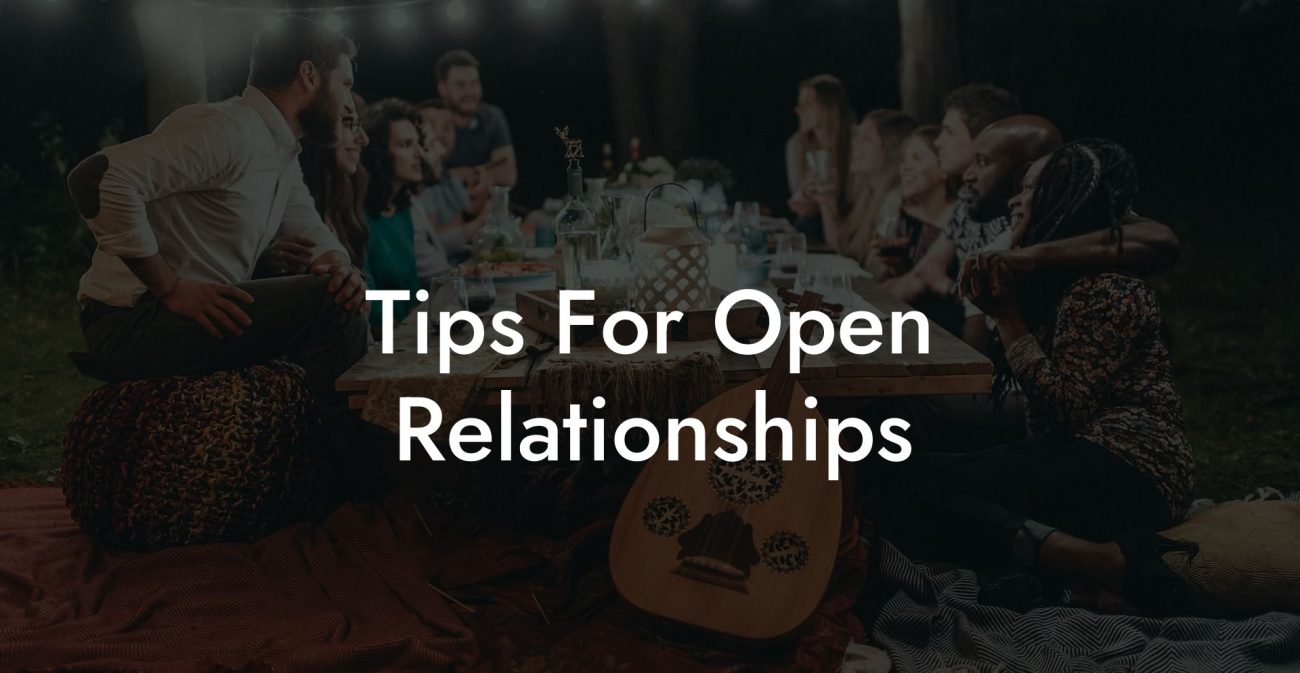Understanding Poly Relationship V Type Dynamic
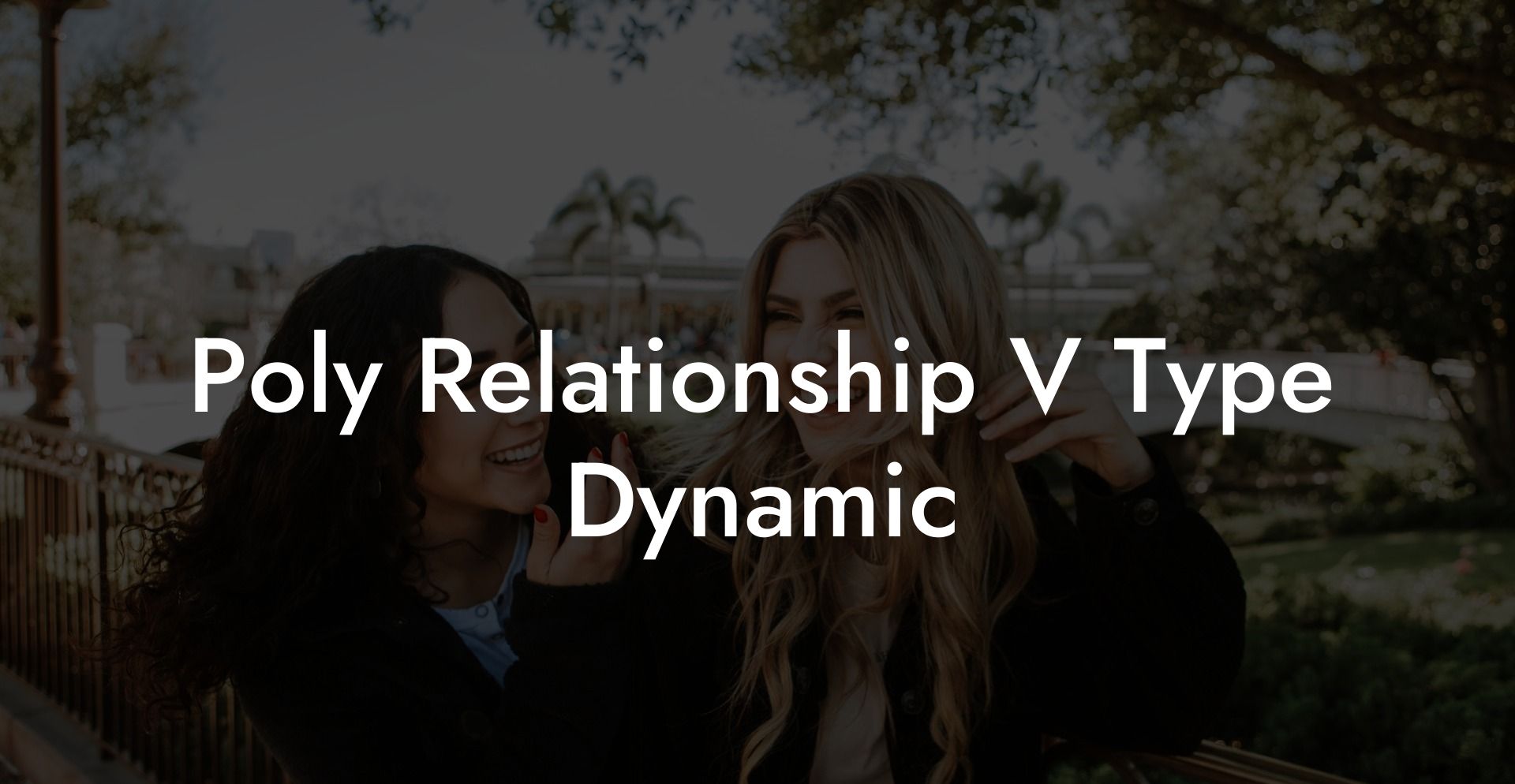
In the ever-evolving world of consensual non-monogamy, relationship configurations can take many forms. One particularly interesting and increasingly popular configuration is the V type poly relationship dynamic. This model involves one individual (often called the "vertex") who maintains romantic or sexual connections with two or more partners who are not involved with each other. In this guide, we will explore the definition, key characteristics, benefits, challenges, and practical strategies for managing a V type poly relationship dynamic. Whether you are new to polyamory or looking to better understand the intricacies of a V relationship, this resource is designed to provide clarity, practical advice, and insightful perspectives.
Have you ever wondered if monogamy is just a stupid little experiment? Open relationships, polyamory, relationship anarchy...find out which relationship dynamic suits you best with our one minute relationship test. See if you are just conforming to "societal norms". Reveal your truth >>
Quick Links to Useful Sections
- Understanding the V Type Poly Relationship Dynamic
- Definition and Overview
- Key Characteristics of a V Type Dynamic
- Benefits of a V Type Poly Relationship Dynamic
- Diverse Emotional Support
- Flexibility and Autonomy
- Simplicity in Structure
- Enhanced Focus on the Primary Bond
- Challenges of the V Type Dynamic
- Balancing Multiple Relationships
- Managing Jealousy and Insecurity
- Clear Communication and Boundary Setting
- Emotional and Logistical Complexity
- Strategies for Managing a V Type Poly Relationship
- Establish Open Communication Channels
- Set Clear and Adaptable Boundaries
- Develop Effective Time Management Skills
- Address Emotional Challenges Proactively
- Comparing V Type Dynamics with Other Poly Configurations
- V Type vs. Triad Relationships
- V Type vs. Hierarchical vs. Non-Hierarchical Models
- Frequently Asked Questions (FAQ)
Understanding the V Type Poly Relationship Dynamic
Definition and Overview
A V type poly relationship, also known simply as a "V relationship," is a configuration where one central person (the vertex) is romantically or sexually involved with two or more partners who do not have a relationship with each other. In other words, the vertex forms independent connections with each partner, and these partners are not connected to one another. This structure is distinct from a triad, where all three partners interact with each other, and from hierarchical polyamory, where there is a primary relationship with additional secondary partners.
The V type dynamic is popular among those who value having a central, primary connection while also enjoying the variety and richness of additional relationships. It offers a way to compartmentalize different aspects of one’s life while still maintaining an overall cohesive support network.
Key Characteristics of a V Type Dynamic
- Central Figure: One person (the vertex) is the common link between two or more partners.
- Independent Relationships: The two or more partners are not romantically or sexually involved with each other.
- Distinct boundaries: Each relationship is separate, with its own set of boundaries, expectations, and emotional dynamics.
- Emphasis on Communication: Open, honest communication is critical to ensure that all parties understand the structure and respect each other's roles.
- Flexibility: The vertex can tailor each relationship according to individual needs and interests without the pressure of integrating all partners together.
Benefits of a V Type Poly Relationship Dynamic
Diverse Emotional Support
One of the primary advantages of the V type dynamic is the diversity of emotional support. The vertex can receive different types of emotional care from each partner. For example, one partner might provide intellectual stimulation and deep conversation, while another may offer physical intimacy and practical support. This diversity can create a robust support system that caters to various needs.
Flexibility and Autonomy
In a V relationship, the vertex has the flexibility to negotiate the terms of each individual relationship independently. This allows for a high degree of personal autonomy, as the vertex can choose to adapt boundaries and expectations based on their evolving needs. Each partner is free to develop a unique connection without the pressure to integrate with the others.
Simplicity in Structure
Compared to more complex polyamorous networks where all partners are interconnected, the V type configuration offers a simpler structure. The absence of a direct connection between the partners means that conflicts stemming from inter-partner dynamics can be minimized, allowing the vertex to focus on nurturing individual bonds.
Enhanced Focus on the Primary Bond
The V type dynamic can reinforce the central relationship, as the vertex is the common link between all partners. This often ensures that the primary bond receives the majority of emotional and practical attention, even as additional relationships add variety and depth to the vertex’s life.
Challenges of the V Type Dynamic
Balancing Multiple Relationships
One of the most significant challenges in a V relationship is managing time and energy across multiple partners. The vertex must balance the demands of each relationship, ensuring that no partner feels neglected. This balancing act requires exceptional time management skills and a commitment to regular communication.
EXPLORE OUR ETHICAL NON-MONOGAMY & OPEN RELATIONSHIP SHOP
👨💻👩💻 Digital Store (Instant Download)
🍆💦 Clothing Store (Worldwide Delivery Available)
Three Isn't a Crowd Unisex T-Shirt (Black)
$29.99Sharing Is Caring Daddy Cap (Black)
$39.99Sharing Is Caring Unisex T-Shirt (Black)
$29.99It's Not Cheating If He Watches T-Shirt (Black)
$29.99Fuck Each Other Not The Planet Unisex T-Shirt (Black)
$29.99Fuck Each Other Not The Planet Unisex T-Shirt (White)
$29.99Real Men Share Pop Art T-Shirt (White)
$29.99I Love Watching Pop Art T-Shirt (Black)
$29.99Multiple Lovers - Sharing Is Caring Unisex T-Shirt (Black)
$29.99Real Men Share Pop Art T-Shirt (Black)
$29.99Three Isn't a Crowd Unisex T-Shirt (White)
$29.99I Love Watching Pop Art T-Shirt (White)
$29.99Managing Jealousy and Insecurity
Although the partners in a V type dynamic are not directly involved with each other, jealousy and insecurity can still arise. For example, a partner may feel uneasy if they perceive that the vertex is investing more time or emotional energy in another relationship. Addressing these feelings requires open dialogue, self-awareness, and sometimes professional support.
Clear Communication and Boundary Setting
The success of a V relationship hinges on the ability of all parties to communicate clearly about their needs, boundaries, and expectations. Miscommunication can lead to misunderstandings or hurt feelings. Establishing clear rules from the outset and revisiting them regularly is essential to maintain harmony.
Emotional and Logistical Complexity
Even though the partners in a V relationship are not romantically involved with each other, the vertex must navigate the emotional complexities of juggling multiple intimate connections. Additionally, logistical challenges such as scheduling, financial responsibilities, and coordinating social activities can add layers of complexity to the relationship.
Strategies for Managing a V Type Poly Relationship
Establish Open Communication Channels
Effective communication is the cornerstone of any successful non-monogamous relationship. In a V dynamic, regular check-ins are essential. Here are some strategies to enhance communication:
- Regular Meetings: Schedule periodic one-on-one or group discussions to talk about feelings, schedule updates, and any adjustments needed in the relationship dynamics.
- Active Listening: Practice active listening techniques by giving each partner your full attention and validating their experiences.
- Use "I" Statements: Frame your expressions in terms of your own feelings to avoid blame and encourage open dialogue (e.g., "I feel neglected when...").
- Digital Tools: Leverage shared calendars or communication apps to coordinate time and ensure transparency about plans and encounters.
Set Clear and Adaptable Boundaries
Clear boundaries help ensure that each relationship within the V dynamic is respected and that no partner feels overlooked. Consider these tips for boundary setting:
- Define Relationship Parameters: Clearly outline what each relationship entails, including emotional, sexual, and practical expectations.
- Establish Time Allocations: Decide how much time and energy you can dedicate to each partner, and be willing to adjust as circumstances change.
- Regular Reviews: Revisit your boundaries periodically to ensure they remain effective and reflect any changes in your relationship dynamics.
- Document Agreements: Consider creating a written or digital agreement that captures your shared understanding of boundaries and expectations.
Develop Effective Time Management Skills
Juggling multiple relationships requires careful time management. Implement strategies such as:
- Scheduling: Use digital calendars to schedule dedicated time for each partner as well as for personal time.
- Prioritization: Identify your core commitments and ensure that your primary relationship receives sufficient attention while also honoring your other connections.
- Flexibility: Be open to adjusting your schedule as needed, recognizing that each relationship may require different amounts of time and energy at different times.
Address Emotional Challenges Proactively
Managing complex emotions is key to maintaining a healthy V relationship. Here are some approaches:
- Journaling: Keeping a journal can help you process your emotions, identify patterns, and communicate more effectively with your partners.
- Therapy or Counseling: Consider individual or group therapy with a professional experienced in non-monogamous dynamics to gain tools for managing jealousy, insecurity, and stress.
- Mindfulness Practices: Engage in mindfulness or meditation to maintain emotional balance and increase self-awareness.
- Regular Feedback: Invite honest feedback from your partners about how they are feeling, and be willing to adjust your approach based on their input.
Comparing V Type Dynamics with Other Poly Configurations
V Type vs. Triad Relationships
In a triad relationship, all three partners are romantically and/or sexually involved with each other, creating a fully interconnected dynamic. In contrast, a V type relationship features one central person with two or more partners who do not have a relationship with each other. This distinction can affect how emotional support and responsibilities are distributed, with the V type offering a more compartmentalized structure.
V Type vs. Hierarchical vs. Non-Hierarchical Models
V type dynamics are often flexible and can exist within either hierarchical or non-hierarchical structures. In a hierarchical V type, one partner (the vertex) may be considered primary, with the other partners having secondary roles. In a non-hierarchical V type, all relationships are valued equally, but the partners still do not interact with each other directly. Understanding these nuances helps in designing a relationship model that aligns with your values.
Frequently Asked Questions (FAQ)
1. What is a V type poly relationship?
A V type poly relationship is a configuration in which one central person (the vertex) is involved with two or more partners who are not romantically or sexually involved with each other.
2. How does a V relationship differ from a triad?
In a triad, all three partners are connected to each other, whereas in a V relationship, the central person is connected to multiple partners who do not have a relationship with each other.
3. What are the main benefits of a V type dynamic?
Benefits include diverse emotional support, flexibility in managing relationships independently, and a simplified structure that minimizes direct conflicts between secondary partners.
4. What challenges are common in V type relationships?
Common challenges include balancing time and emotional energy, managing feelings of jealousy or neglect, and ensuring that communication remains clear and effective across all relationships.
5. How can I improve communication in a V type relationship?
Effective strategies include regular check-ins, active listening exercises, using digital tools for scheduling, and, if necessary, seeking professional guidance from a therapist experienced in non-monogamous dynamics.
6. Are there specific boundaries unique to V type relationships?
Yes, boundaries in a V type relationship often include rules about how much time is dedicated to each partner, what information is shared among partners, and clear guidelines on how to handle emotional challenges such as jealousy.
7. How does a V relationship accommodate personal autonomy?
The V type structure allows the vertex to maintain separate, individualized connections with each partner, giving each relationship its own space while still being linked by a central figure.
8. Can a V type dynamic exist in both hierarchical and non-hierarchical models?
Yes, a V type relationship can be structured hierarchically—where the central partner is considered primary—or non-hierarchically, where all relationships are valued equally but remain independent of each other.
9. What role does self-care play in a V type relationship?
Self-care is essential in managing the emotional and logistical demands of a V type relationship. Prioritizing personal well-being helps maintain balance and ensures that you have the energy to nurture each relationship effectively.
10. Where can I find more resources on V type poly dynamics?
Additional resources include books like "The Ethical Slut" and "More Than Two," podcasts such as "Multiamory" and "Polyamory Weekly," and online communities like r/polyamory that offer insights and support for non-monogamous relationship models.
Resources and Community Support: Your Next Steps
- "The Ethical Slut" by Dossie Easton & Janet Hardy – A foundational book on ethical non-monogamy offering insights into various poly relationship dynamics.
- "More Than Two" by Franklin Veaux & Eve Rickert – A guide that provides practical advice on managing multiple relationships and understanding non-monogamous dynamics.
- Podcasts: Listen to "Multiamory" and "Polyamory Weekly" for engaging discussions and real-life experiences related to V type relationships and other poly dynamics.
- Online Communities: Join forums such as r/polyamory to exchange ideas, learn from others, and receive support.
- Workshops and Webinars: Attend events focused on relationship psychology and ethical non-monogamy to further your understanding and connect with like-minded individuals.
By exploring these resources and applying the strategies outlined in this guide, you can develop a clear, informed understanding of what a V type poly relationship dynamic entails and how to navigate its complexities. Embrace continuous learning, open dialogue, and self-reflection as you build a fulfilling and balanced network of relationships.
EXPLORE OUR ETHICAL NON-MONOGAMY & OPEN RELATIONSHIP SHOP
👨💻👩💻 Digital Store (Instant Download)
🍆💦 Clothing Store (Worldwide Delivery Available)
Sharing Is Caring Unisex T-Shirt (Black)
$29.99Multiple Lovers - Sharing Is Caring Unisex T-Shirt (Black)
$29.99Real Men Share Pop Art T-Shirt (White)
$29.99It's Not Cheating If He Watches T-Shirt (Black)
$29.99Real Men Share Pop Art T-Shirt (Black)
$29.99I Love Watching Pop Art T-Shirt (Black)
$29.99Sharing Is Caring Daddy Cap (Black)
$39.99Fuck Each Other Not The Planet Unisex T-Shirt (Black)
$29.99Fuck Each Other Not The Planet Unisex T-Shirt (White)
$29.99Three Isn't a Crowd Unisex T-Shirt (Black)
$29.99I Love Watching Pop Art T-Shirt (White)
$29.99Three Isn't a Crowd Unisex T-Shirt (White)
$29.99Lost & confused by all of the terms, types and seemingly made up 3 letter acronyms?? We've got you. Check out our Ethnical Non-Monogamy Dictionary >>
Useful Interruption: Not sure which relationship vibe fits you best? Take our Relationship Test, it’ll give you the real insight into your natural relationship style. Then, dive into our binge-worthy guides (from the tried-and-true to the “wait, that’s a thing?”) and find the perfect relationship type for your life:
- Monogamy
- Open Relationships
- Ethical Non-Monogamy
- Solo Polyamory
- Non-Hierarchical Polyamory
- Hierarchical Polyamory
- Relationship Anarchy
- Swinging
Now back to the main article but yeah take the test...


